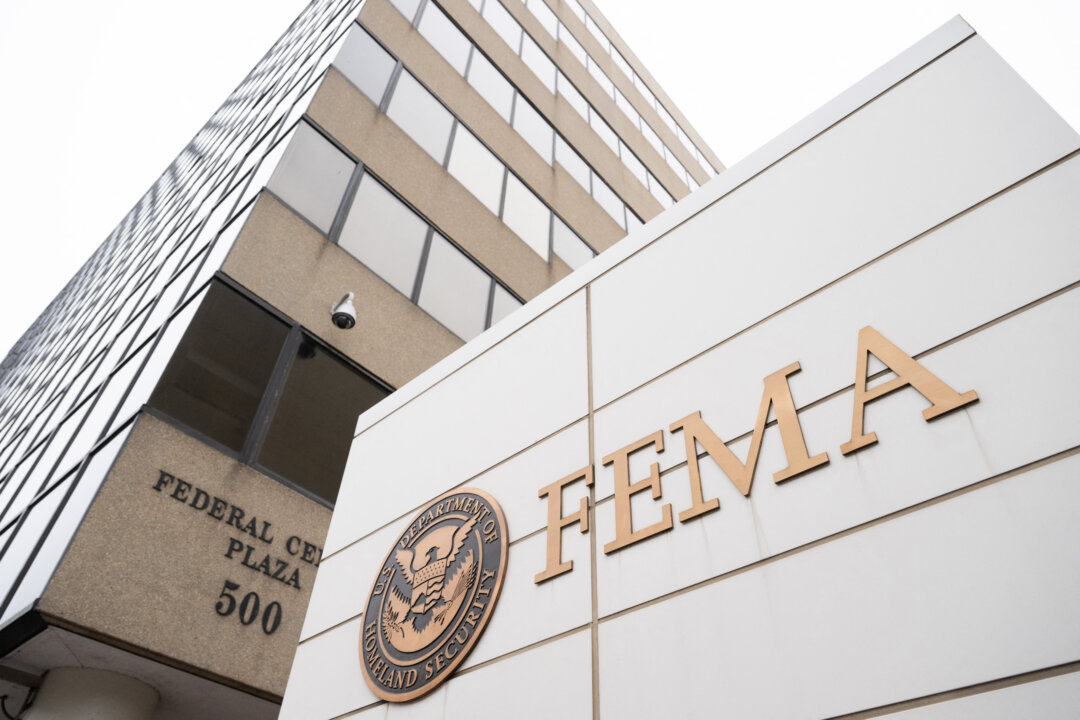Diana Asonaba Dapaah, former Deputy Attorney General, has strongly criticized petitions seeking the removal of Chief Justice Gertrude Torkornoo, calling them baseless and damaging to judicial independence. Her intervention comes as a parliamentary committee reviews multiple petitions against the Chief Justice. In a detailed statement, Dapaah questioned the validity of the petitions, which cite judicial decisions and administrative matters as grounds for removal.
She noted that many of the referenced cases were decided by panels of justices, not solely by the Chief Justice. “How can collective judicial decisions become grounds for removing one justice?” she asked. The former deputy AG also dismissed claims of political bias as contradictory, noting that all judicial appointments in Ghana involve political processes.

The statement addressed specific allegations regarding judicial entitlements, clarifying that the Chief Justice’s travel benefits are constitutionally mandated for heads of government branches. Dapaah emphasized that such provisions are standard across democratic systems and not personal privileges. Legal observers view Dapaah’s intervention as significant given her prosecutorial background.
Her argument that the petitions threaten judicial independence has resonated with some legal professionals, while others maintain that legitimate questions about judicial administration remain. The debate occurs against Ghana’s historical backdrop of judicial challenges, including the 1982 murders of judges during political unrest. As the committee continues its review, the controversy highlights ongoing tensions between judicial independence and accountability in Ghana’s democracy.
The outcome may set important precedents for how the country balances these principles moving forward. With public attention focused on the process, many await the committee’s findings and any potential parliamentary action..
Politics

Former Deputy AG Defends Chief Justice Amid Removal Petitions

Ms Diana Asonaba Dapaah, Diana Asonaba Dapaah, former Deputy Attorney General, has strongly criticized petitions seeking the removal of Chief Justice Gertrude Torkornoo, calling them baseless and damaging to judicial independence. Her intervention comes as a parliamentary committee reviews multiple petitions against the Chief Justice. In a detailed statement, Dapaah questioned the validity of the [...]The post Former Deputy AG Defends Chief Justice Amid Removal Petitions appeared first on Ghanamma.com.















